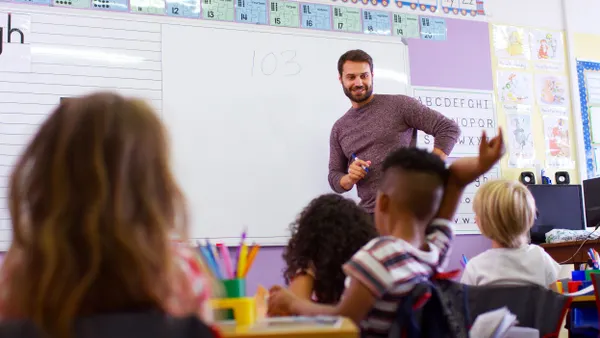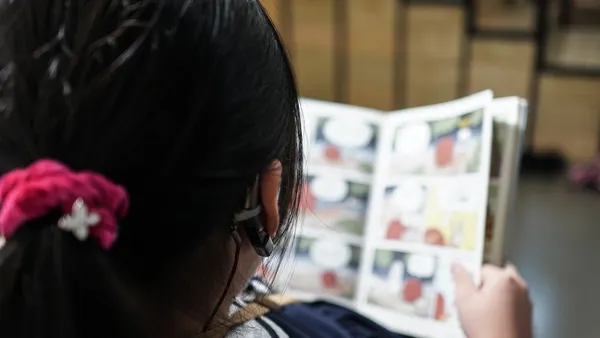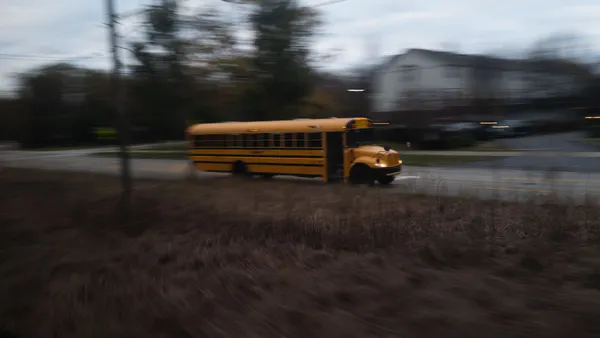Dive Brief:
- The Chan Zuckerberg Initiative (CZI) will spend $1 million over a two-year period to make a professional development app about the science of how children learn available to 1,500 teachers in Colorado, Iowa and Maryland.
- The training is delivered by Neuroteach Global, an extension of the Center for Transformative Teaching and Learning (CTTL) at St. Andrews Episcopal School in Potomac, Maryland. The app is based on CTTL’s five-day, summer Science of Teaching and School Leadership Academy, which focuses on what researchers are discovering about the mind, brain and education.
- As part of a pilot project, roughly 800 teachers are currently using the app, which delivers lessons in three- to five-minute increments throughout the week. The new round of funding will enable all teachers in the Delta County School District 50-J in Colorado, as well as 100 each in Iowa’s Grant Wood Area Education Agency and the Frederick County Public Schools in Maryland to participate in the program. Teachers in more districts will also be able to participate in the pilot. The funding also follows a $625,000 grant to support the expansion from the Omidyar Group, named for eBay founder Pierre Omidyar.
Dive Insight:
In the 1990s, some experts warned that connecting neuroscience to educational practice was far-fetched. But as the field has continued to advance, researchers at Harvard and Johns Hopkins universities, for example, have made strides in communicating what findings from neuroscience mean for challenges such as better serving English learners and students with reading difficulties.
And last week, the University of Alabama announced that it is creating the state’s first educational neuroscience program, open to undergraduates in fall 2020. Courses will cover topics such as how people learn math, reading and language, as well as methods like neuroimaging and electrophysiology.
The fascination with “brain-based” teaching strategies, however, increases the potential for educators to seek out interventions that might not be backed up with evidence, Mariale Hardiman, the vice dean of academic affairs for the Johns Hopkins University's School of Education, wrote in a 2012 paper.
Neuroteach Global focuses particularly on school leaders, who often recognize their teachers’ knowledge gaps in the field, according to the website. “The challenge lies in accessing this research at scale, accompanied by a way to measure progress and incorporating tested strategies for actionable changes in teacher achievement and student well-being.”













